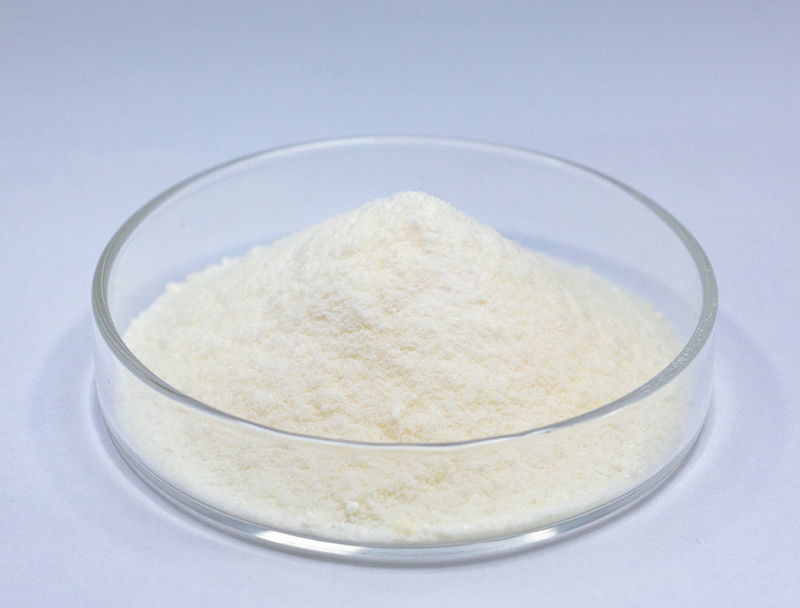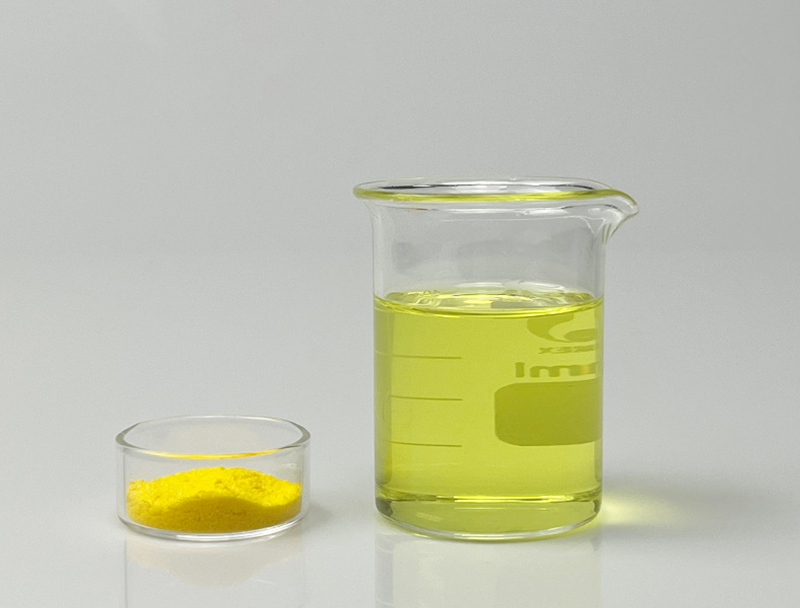
Industrial biosynthesis counts extensively on a broad palette of input materials to produce innovative bio-based products.
Maintaining responsible procurement of such inputs is indispensable to sustainable success and conscientious scaling.
numerous problems stemming from established sourcing methods including carbon-intensive impacts and resource exhaustion. Hence, industry players ought to pursue innovative supply solutions to lower carbon burdens.
- Examples of sustainable sourcing practices include:
- Leveraging biomass from food-processing residues
- Adopting looped production models to decrease loss and amplify reuse
- Building relationships with nearby vendors dedicated to moral sourcing
Embracing sustainable procurement produces environmental benefits with profitable potential.
Refining Biomass Sources to Enhance Fuel Conversion
Optimizing biofuel yields depends strongly on feedstock quality and makeup. Researchers repeatedly investigate innovative methods to enhance feedstock potential, achieving increased output and long-term energy sustainability. Efforts pair genetic enhancement for feedstock abundance with advanced pretreatment to produce usable sugars.
- Concurrently, efforts examine seaweed, industrial byproducts, and crop residues to increase the variety of renewable feedstock alternatives for fuel production.
- Thanks to continuous exploration the sector is prepared to realize considerable strides toward an eco-friendlier energy mix.

Transformations in Upstream Biopharma Workflow Design
includes primary operations from inoculation through cell collection Recent advances in this domain have led to improved production processes, ultimately increasing product yield.
Pivotal enhancements embrace high-performance cell lines, balanced media compositions, and intelligent reactor control systems. These innovations not only enhance productivity but also minimize production costs and environmental impact.
- In addition, momentum toward nonstop processing offers improved flexibility and optimized operational flow.
- Transitioning to refined production methods has the potential to overhaul the industry and expedite new treatments.

Gene Editing Breakthroughs That Elevate Biopharma Output
breakthroughs in precise gene modification systems have reshaped biopharma production. Through controlled genetic modifications, practitioners increase therapeutic protein production. These methods could enable production of accessible and efficient medicines tackling diverse health challenges.
Applying Microbial Tools to Improve Environmental Remediation
innovative solutions for sustainable bioremediation, a critical process for addressing environmental pollution. Microorganisms possess the remarkable ability to degrade and transform harmful pollutants into less toxic substances.. Utilizing microbial metabolism supports eco-friendly site cleanup methods that limit secondary harm from remediation.. Scientists evaluate varied microbes for potential to remediate metal contaminants, pesticide compounds, and oil-derived pollutants.. These microorganisms can be employed in bioreactors or directly at contaminated sites, promoting the breakdown of pollutants through biodegradation processes..
Biotechnology-driven remediation delivers notable upsides compared to conventional cleanup tactics. Microbial remediation can cut expenses and limit harmful secondary emissions. Furthermore, microbial solutions are highly specific, allowing for the remediation of particular pollutants without disrupting the broader ecosystem. Research progresses swiftly to enhance microbial remediation efficiency and practical effectiveness.
Bioinformatics Tools Transforming Drug R&D
Bioinformatics techniques are integral to present-day therapeutic development workflows. By integrating diverse datasets, bioinformatics enhances candidate identification and therapeutic optimization.
- By parsing huge omics and clinical databases, bioinformaticians detect targets and estimate therapeutic responses.
- Also, in silico modeling of molecular interactions accelerates optimization toward more selective therapeutics.
- Finally, bioinformatics is revolutionizing the drug discovery and development process, accelerating the time to bring safe and effective treatments to patients in need.
Metabolic Engineering Strategies for Enhanced Bioproduct Synthesis
utilizes multiple approaches to enhance production of desirable bioproducts in cells. Tactics can encompass genetic engineering to reconfigure metabolism, promoter modulation to adjust expression, and pathway insertion to enable new reactions.. Via targeted metabolic optimization researchers can meaningfully escalate production of desired biochemicals.
The multifaceted strategy promises to reshape sectors like biotech, agritech, and renewable fuel industries.

Scaling Biopharma: Difficulties and Strategic Opportunities
Scaling up biopharmaceutical production presents both significant challenges and exciting opportunities. Preserving batch-to-batch quality when scaling up is a key challenge. Addressing it demands strong process governance, accurate real-time Calcium Propionate analytics, and advanced measurement systems.

The multi-faceted nature of production steps adds complexity to scaling efforts. Scaling optimization is a resource-intensive task that calls for substantial innovation and study.. Despite challenges, the benefits may be considerable. Achieved scale can widen availability of treatments, lower manufacturing costs, and boost financial returns.
Different initiatives are progressing to solve scale-up constraints. These include the development of new technologies for process optimization, advanced analytics for real-time monitoring and control, and innovative manufacturing strategies.
- Product development and process R&D are pivotal to boosting production capabilities.
- Regulatory agencies are working to streamline approval processes for new manufacturing technologies, facilitating innovation in the field.
Charting Regulatory Pathways for Biologics to Safeguard Patients
Advancing biopharmaceuticals involves heavy regulatory scrutiny to secure product safety and proven efficacy. Biologically derived medicines entail particular manufacturing and regulatory complexities compared with chemical drugs.
Regulators such as the FDA and EMA define authorization pathways and quality standards for new biologic medicines..
Comprehensive testing regimens must be followed from early-stage research through ongoing post-approval monitoring.. These controls function to identify dangers and ensure biopharmaceuticals achieve premier safety standards..
Additionally, regulators regularly update methods to match the pace of fast-moving biopharma innovations.. Measures involve adopting innovative technologies and enabling development acceleration without compromising patient welfare.

Plant-Based Biomass Options for Bioplastic Manufacturing
The expanding market for green materials prompts increased R&D into bio-based solutions. Converting plant biomass into bioplastics offers a credible pathway to environmentally sound products. Renewable inputs including cornstarch, cellulosic matter, and sugarcane biomass can be processed into biodegradable plastics that minimize long-term pollution.
Also, many renewable bioplastics exhibit comparable mechanical and functional traits to conventional plastics across applications.. Further innovation is required to mature plant-based bioplastics for broad adoption and circular economic models.
Biotech's Role in Improving Global Health and Agricultural Resilience
Biotech innovations hold promise to dramatically impact health and the reliability of food systems. Via genetic modification, synthetic design, and therapeutic cell technologies, researchers build solutions to control infections, increase crop productivity, and enrich food quality.. For instance, genetically modified crops can be engineered to resist pests and environmental stresses, leading to increased agricultural production and reduced reliance on harmful pesticides.. Moreover, biotechnology plays a crucial role in developing vaccines, antibiotics, and diagnostic tools that are essential for combating infectious diseases and improving global health outcomes.. Looking forward, continued biotech progress promises to deliver therapies and agricultural solutions that support health and sustainability worldwide.
